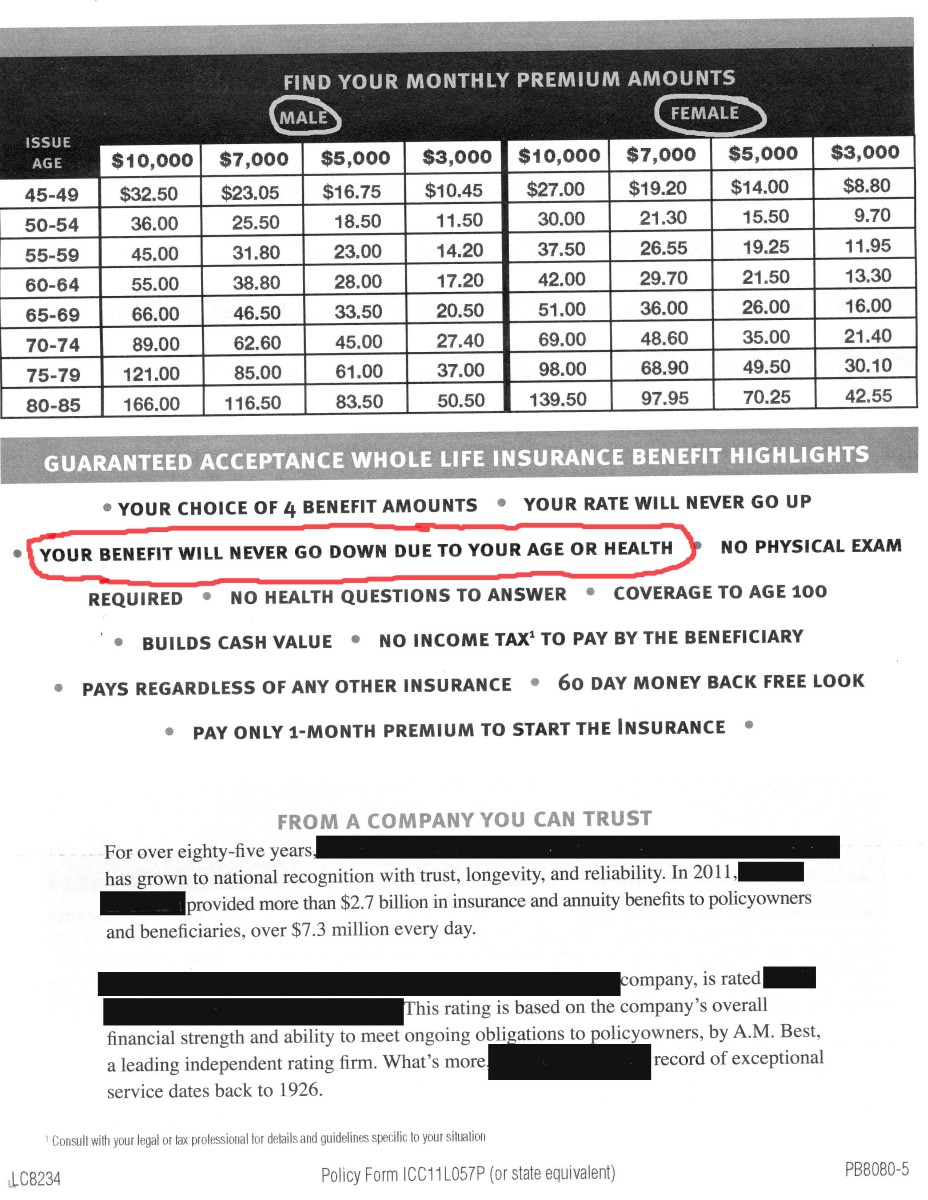Which Is Better: Group Term Life Insurance vs. Personal Insurance

Not too long ago, I had a client ask me, “My parents bought a whole life insurance policy for me when I was a kid, but my employer offers a term life insurance policy very cheap. Should I just cash out my other policy and do only the group term life insurance through work?”
It surprises me how many times this topic comes into play, with the average consumer not really clear which way to go when it comes to life insurance. Oftentimes insurance agents go straight for the jugular and focus on the sale, rather than the opportunity to advise and educate the client in front of them. In situations like this, information, not manipulation, is the best course of action.
For those who don't know, the major difference between term life insurance and whole life insurance is the longevity of the policy. A whole life policy is just that, a policy that covers you for the rest of your life and often builds cash value. A term policy is a temporary policy that lasts for a short period of time or term. In this case, the client has a policy already in place for his entire life, yet he was debating cashing it in and getting a temporary term policy offered by his employer instead.
I could see that this was causing my client some concern as he relayed more of the back story, so I replied very simply to the query.
A group term life insurance policy is a perk and isn't meant to solely replace your overall life protection. These policies are cheap and rarely pay out because your death will most likely occur while you are outside the coverage of an employer. In essence, these term life insurance policies are largely an added layer of protection, not meant to replace your own end-of-life solution.
Because the whole life insurance policy was purchased early on in this client's childhood, it is safe to say that the rates for the coverage are more cost-effective, and that cash value has built up inside that policy. You aren't likely to get the same deal starting another policy at the ripe old age of 35. Since the whole life policy is paid up, there is no need to dispose of the advantage, even if it is a small $15,000 policy. If the policy is one that pays dividends through a mutual company in the form of increasing the face value (paid-up additions), even better! This policy is now an asset, not a liability, and should be protected as such.
Keep in mind that the company owns the term life insurance policy they offer you and can make changes to the amount of coverage as they see fit. One of the greatest aspects of owning your own term life insurance is that you own it and you control it. Not only that, many policies now offer the ability to convert portions of a term policy into a whole life insurance policy, giving you the best of both worlds when it comes to protecting your end of life strategy. Insurance agents are always eager to talk about conversions, so don't hesitate to reach out and ask for more information about that benefit.
When it comes to term life insurance or whole life insurance, each is a great option in its own right and has a different function overall. Not only should you take what the company is offering in regards to group term life insurance that is provided with a standard benefits package, but you should also hold your own personal term insurance policy as well in the event you lose your benefits through downsizing or becoming disabled.
Overall, the goal is to ensure your family and assets are secure in the event of an end-of-life situation, and sometimes one type of coverage isn't the best solution when it comes to life insurance. Persistent, yet logical approaches to the conversation can put you in a better place over time and help ensure you leave a legacy for the ones left behind.
This article is accurate and true to the best of the author’s knowledge. Content is for informational or entertainment purposes only and does not substitute for personal counsel or professional advice in business, financial, legal, or technical matters.








